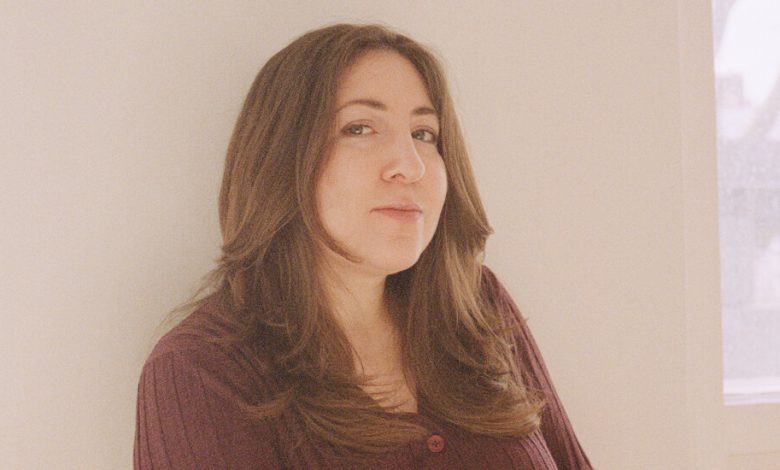A Conversation With Deborah Feldman, an Unorthodox Voice in Germany

The writer Deborah Feldman has been rattling expectations ever since she published “Unorthodox,” a 2012 memoir of her departure from her Hasidic community in New York, which was later made into an acclaimed Netflix series. Feldman, whose first language is Yiddish, emigrated to Berlin a decade ago. She has published books in English and German. And since the start of the Israel-Hamas war last October, her writings and interviews have touched a nerve in Germany, where she is now a citizen.
She became a rare voice in German media: a Jewish writer critical of Germany’s unquestioning support of Israel, and the stifling of dissenting voices in the country’s cultural institutions. She joined more than a hundred Jewish writers, artists and academics who signed a letter condemning Germany’s ban on gatherings showing support for Palestinians, and, in a widely shared television appearance, she emotionally accused German political leaders of misapplying the lessons of the crimes of the Third Reich.
At a recent lunch in central Berlin, at a restaurant around the corner from the city’s restored grand synagogue, we discussed the rise and fall of a cultural capital, the place of Jews in contemporary German society, and how the legacy of the Holocaust shapes a culture of both historical responsibility and political fear. This conversation has been condensed and edited for clarity.
You’ve been living here in Berlin since 2014. How big of an adjustment was it from your earlier life in New York?
I love Berlin. Moving here really was a very individual decision for me. I grew up ultra-Orthodox in New York, and when I left the community, I didn’t really leave. For many Orthodox people, if you stay where you come from, there’s a sense of having your past in your backyard. A lot of my ex-Orthodox friends from Israel say the same. There’s a whole scene of formerly Orthodox people in Berlin, a lot of them from Israel.